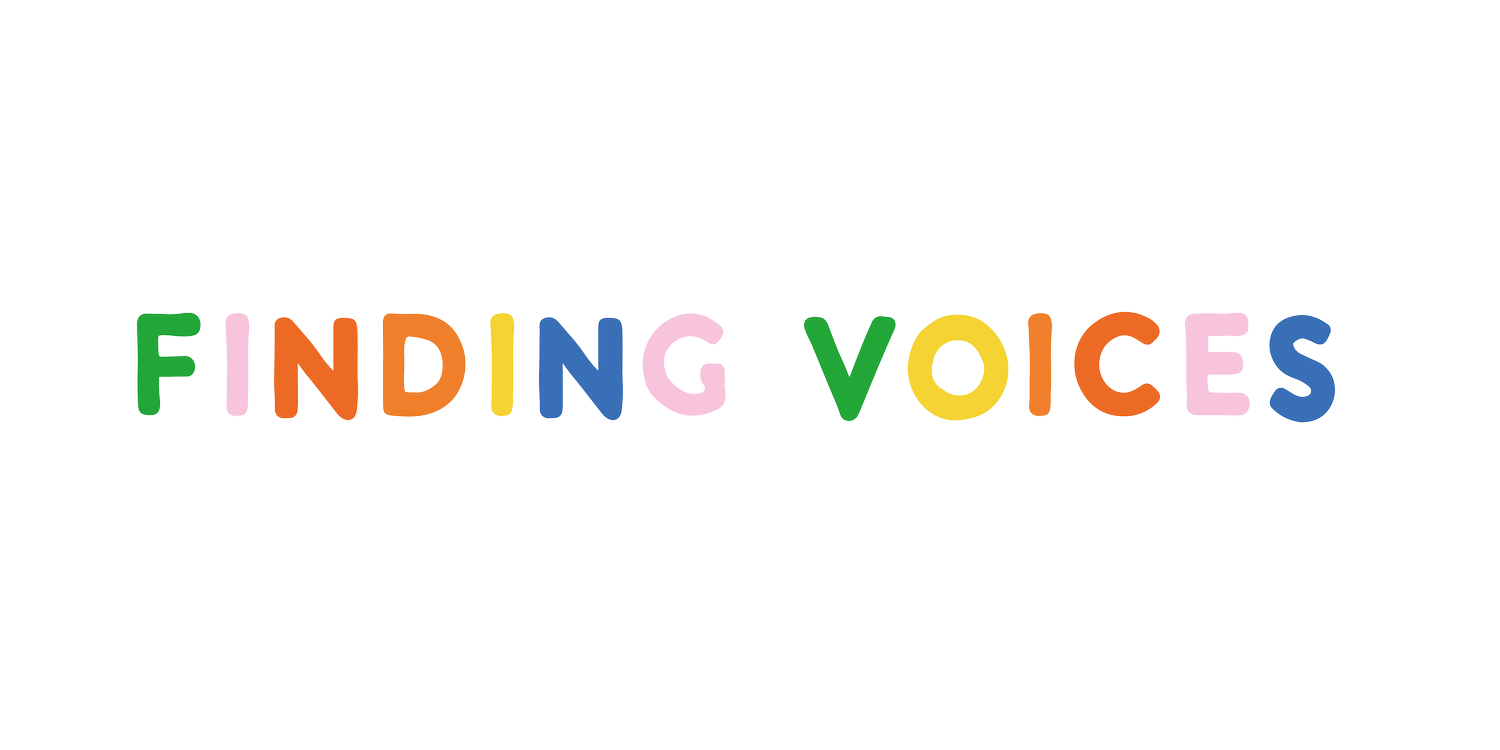Speaking Anxiety in Children & Young People
Why am I scared to put my hand up in class?
Most of us don’t grow out of nerves, especially nerves around school and college. The butterflies in your stomach that fly around on the first day of school, reappear on the first day of sixth form, on the first day of university and for most, on the first day of a new job. Nerves are healthy and absolutely normal. What most of us are lacking are the skills to tackle those nerves.
It’s understandable after the last couple of years why many children and young people might suffer more than usual with school anxiety. Whether it be lingering separation anxiety with younger children, or a fear of failure in teenagers - the pandemic will only have heightened those symptoms. In fact, according to Healthline, 46% of parents say their teen has shown signs of a new or worsening anxieties since the beginning of the pandemic in March 2020. For a lot of children, this anxiety will fade after the first few days or weeks but for others, it may linger in the form of cowering away from speaking up in class or being labelled as ‘shy’ or ‘too quiet’ by teachers. For many naturally introverted children, putting a hand up in class to answer a question or being asked to read aloud can induce a lot of anxiety.
I am personally very confident. I have always been labelled an extrovert since I was a child and these days, as a grown woman, have been labelled brash, bossy and loud due to my boldness. And yet, I remember a time, when I would wake up before school and physically vomit ahead of leaving to catch the bus. Over a period of six or so months when I was around 13, I could not understand why my body was betraying me in the way that it was. I felt fine, mentally, or at least I thought I did, but my stomach did not agree. Looking back now, especially with being a speech and communication coach with young people myself, I can now see that my body was trying to tell me something very important. I was anxious! School, the prospect of scary examinations, balancing my friends and my homework, making sure I was making an effort in class- all of these things, were triggering lots of anxious and nervous energy in my body. In hindsight, I probably needed to sit down and have a good old chat with my peers and a qualified facilitator about anxiety and nerves, and how they’re completely normal. Learning about how to embrace nerves and tackle anxiety head-on would have been so beneficial for 13 year old me. Back then, there wasn’t much in terms of support in school. Unfortunately more young people are struggling with anxiety than ever before, disproportionately affected by the pandemic, so it is vital we educate others on how to help banish nerves. Now, many get support in the form of their parents, peers, teachers, and school counsellors. But others perhaps haven’t spotted that they need help or don’t have strong support networks.
As a facilitator myself, I prioritise making sure that my students feel safe enough to approach subjects such as school associated anxiety. In a Speaking Works group class not long ago, some of my students began chatting about online schooling and how it can be really scary to unmute themselves and offer an answer. Rather than stopping their discussion, we decided to unpack their worries a little more. Why is the mute button so anxiety inducing? What would actually happen if they accidentally unmuted or if they said something wrong? We pretended to be in an online school class, and practiced putting up our hands and speaking up in our imagined history class. We discussed how to identify healthy nerves and welcome them, and how to identify unhealthy nerves and overcome them. I explained my story, and how my 13 year old self eventually realised that being brave isn’t necessarily the absence of all fear, but just finding a way through the fear and conquering it one step at a time, instead. At the end, we challenged ourselves to put up a hand in class at least 3 times in school the following day, even if it felt scary and nerve wracking, and I warned them, I was already excited to hear about it the following week.
Of course, not all anxiety can be cured by learning about risk-taking, and embracing bravery. Click here for NHS advice about identifying and treating anxiety in children and young people.
We still have spaces left for your child to join us in class this coming Autumn term. There is no pressure to commit to a full term at first, book onto a trial class and see what they think!

